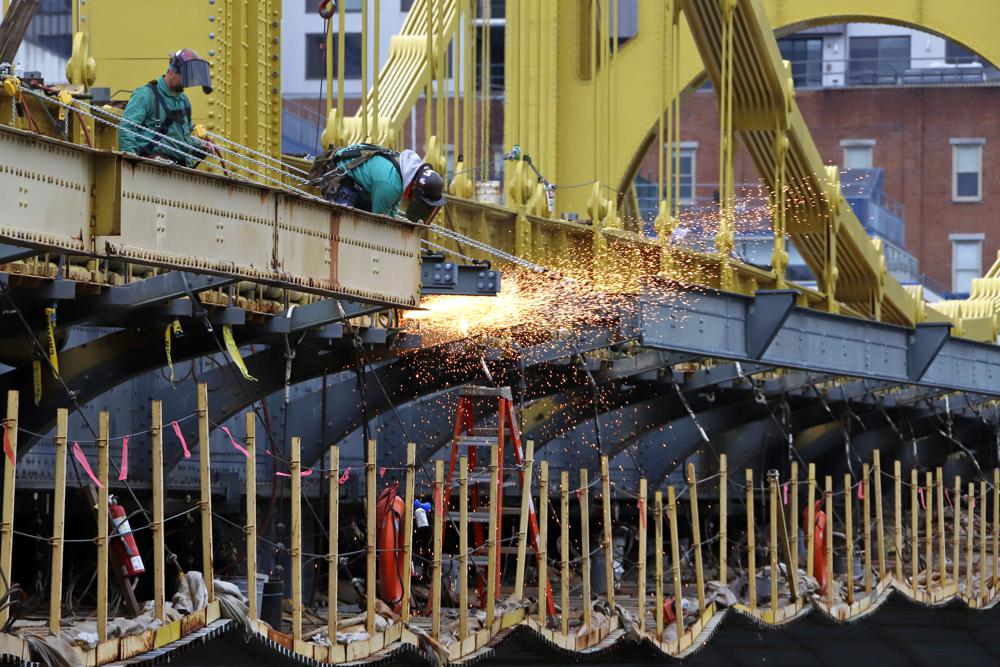On November 15, Joe Biden signed into law the $1 trillion Infrastructure Investment and Jobs Act (IIJA), with bipartisan support for allocating funds to national projects. Included in the package is money for public transportation, electric vehicle charging stations, waterway cleanup, lead pipe removal from drinking water, improved internet access, a modernized electric grid, and more.
But further bipartisanship before the 2022 midterm elections will be challenging as the Biden administration returns to negotiating the Build Back Better Act, a $1.85 trillion social spending package. Progressives in and out of Congress have called for the swift passage of this act, which five centrist House Democrats have pledged to support after receiving the Congressional Budget Office’s (CBO) cost estimate for the package, expected November 19.
Common Dreams stipulates that “more progressive groups including the Sunrise Movement made clear that in their view, the bipartisan framework ‘is not a climate bill’ and will not convince voters to keep Democrats in power in the midterm elections coming up in less than a year.”
The act has seen steep cuts after objections from Democratic Senators Kyrsten Sinema and Joe Manchin, but still aims to provide universal free pre-kindergarten for three- and four-year-olds, childcare subsidies, and tax incentives to enable families to purchase electric vehicles.
As Biden signed the infrastructure legislation, the national economic justice group Poor People’s Campaign rallied in Washington, D.C. to demand the passage of the Build Back Better Act, leading to several campaigners’ arrests during the direct action. Rev. Dr. William J. Barber II, co-chair of the Campaign, condemned corporate Democrats for perpetuating false narratives over social investments and the needs of the working class.
“Unstable housing among families with children costs the United States $111 billion in affordable health and special education costs over the next 10 years,” Barber said at the rally. “That’s some cost for you.”
Image by AP Photo / Gene J. Puskar

